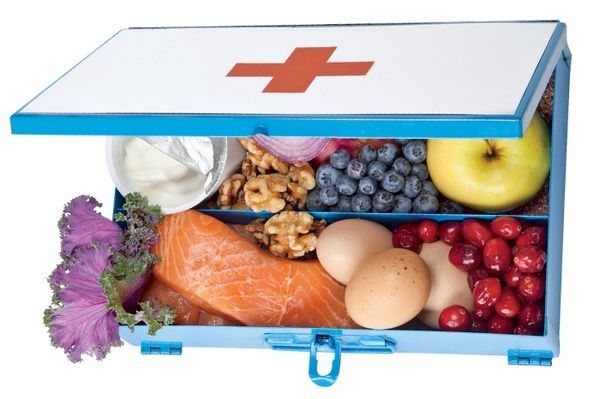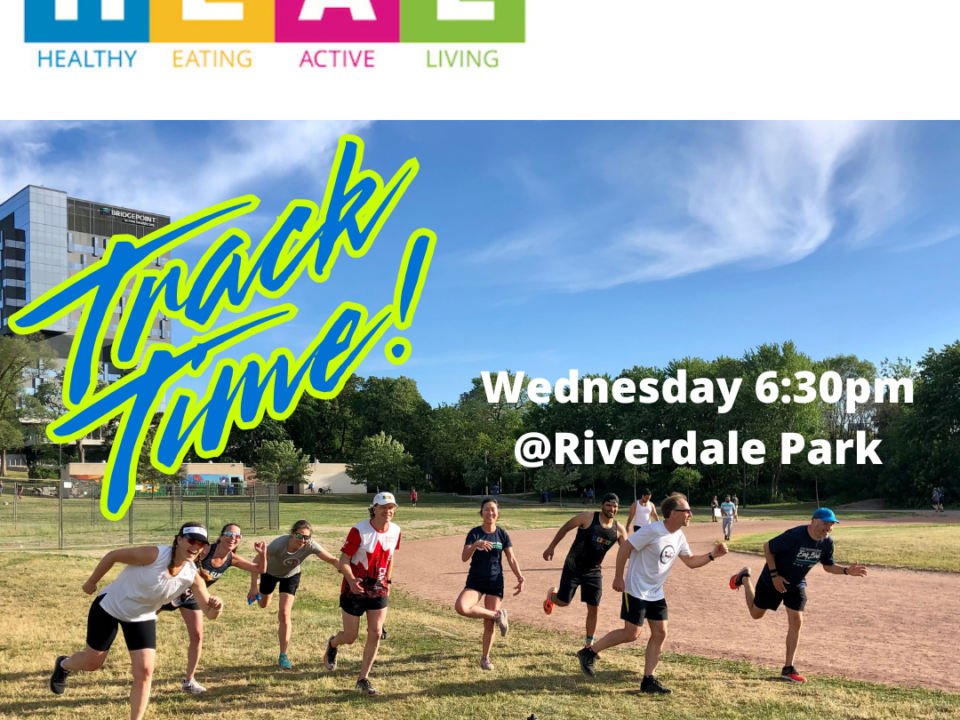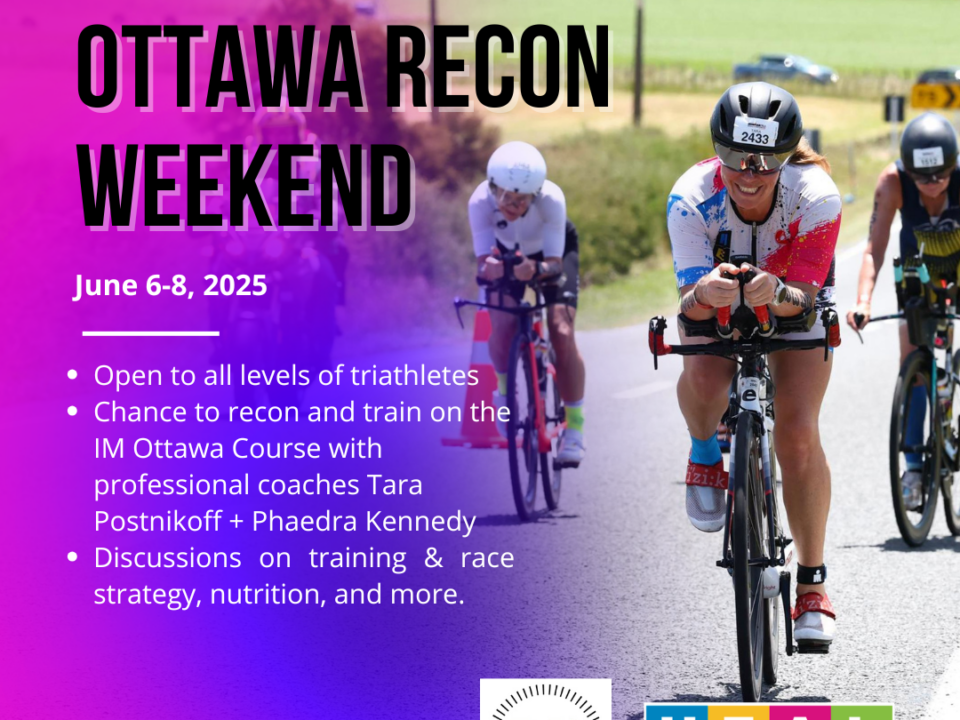
Ask A Nutritionist: Genetics & Nutrition
May 1, 2017
Success Story: Shannon Brooks
May 24, 2017The reality of athletic training or being active is that at some point you will likely suffer from an injury or illness. Unfortunately, it’s not until an injury hits us that we move beyond the mindset that “it won’t happen to me”. Injury prevention is as important as treatment of injury and can be approached from many angles, proper training, proper equipment, regular body work and even nutrition. When it comes to nutrition most athletes think of the pre-race pasta dinner. Many athletes do not understand the importance of proper daily nutrition and its role both your injury prevention and recovery.
If you support the body daily with proper nutrition, that is the right number of calories, the right quantities of carbohydrates, proteins, fats, the right amount of water and the right combination of vitamins and minerals for your body you will be less likely to get injured and you will recover faster if you do get injured. Athletic injuries are frequently a sign of a nutritional imbalance. Here are some nutrients to consider for supporting the athletic body.
Here are 10 foods that can assist you in recovery. They are great on their own to enhance your current diet or can be combined together for an amazing post run recovery drink!
- Ginger- contains gingerols, which are potent anti-inflammatory compounds that also help in pain reduction in muscles and joints. Try adding fresh ginger to smoothies and stir-fry’s for an added kick
- Cherries- Cherries are packed with vitamin C, which is great for tissue repair post exercise and supporting the immune system. Vitamin C is needed to enhance the absorption of iron. Vitamin C is important for tissue formation, especially collagen. Collagen provides the strength and flexibility for ligaments, tendons and is necessary to hold bone together. Cherries also contain a phytonutrient called anthocyanins that help reduce inflammation and reduce oxidative damage caused by strenuous training.
- Coconut Water – Coconut water is rich in electrolytes magnesium and potassium that help promote muscle recovery and nervous system relaxation. Make sure that you aren’t getting a flavoured version with added sugars and artificial flavours, and look for brands that are not-from concentrate. Coconut water also contains water which is critical to optimal health, performance and injury prevention. A dehydrated joint or tissue is more susceptible to tears and injury and puts additional stress on the body. (Aim for 2-3 litres of pure water daily and avoid or limit the consumption of sugary beverages, coffee and alcohol)
- Turmeric- An herb that contains curcumin, an anti-inflammatory compound that also has pain-reducing effects. Use dried turmeric in your cooking, baking or add a teaspoon to your next smoothie.
- Fish Oil –Cold water fish oil is rich in omega-3 fatty acids, EPA and DHA, and has been found to reduce inflammation and boost the immune system. If you are vegetarian, you can opt for ground flax or chia seeds as a source of omega-3 or supplement with an algae oil. Omega 3, an essential fatty acid, is one of our defences against inflammation which is a culprit in injury and a hindrance in recovery. Omega-3 also helps to ensure well lubricated joints and tissues and a healthy immune system. Most people are deficient in omega-3 and consume far too much Omega-6 leading to an imbalance in the system.
- Pineapple- contains bromelain, an anti-inflammatory phytonutrient that helps the body heal. Fresh pineapple works best, easily added to a smoothie, and has added digestive aid properties.
- Beets- Beets are one of the highest sources of dietary nitrate. Nitrate has been shown to improve athletic performance (in some), likely by reducing the amount of oxygen needed by the body to perform work. Typically, beets are recommended before a workout, however, I say your recovery meal is the first step to your next training session!
- Spinach –is rich in mineral iron, which is key to red blood cell health. Without adequate amounts of iron, we can’t get enough oxygen rich blood to the muscles.
- Pumpkin seeds – rich in mineral zinc. Zinc is a key immune system supporter and helps the body use protein in the regeneration of muscles and body tissues.
- Protein- Amino acids such as L-glutamine, L-lysine and L-taurine are needed for recovery post workout for muscle repair as well as immune system support. Post workout, look for protein sources that are easily digested. While lean meats, eggs, fish, and beans can all be consumed post workout, a high quality unflavoured protein powder will give you an easy to digest source that is readily available to your muscles.
Staying nutritionally balanced is one way to ensure that you stay healthy, injury free and on track with your athletic goals. Fill your body with an abundance of high quality nutrients from a variety of fresh fruits and vegetables, whole grains, raw nuts and seeds, organic meats and pure clean water. Eating a balanced and whole-foods diet is the best way to keep your energy levels up and your body functioning smoothly, without injury.





5 Comments
Great info! Thanks for sharing!
Agreed on a lot of points, but I think you’ve missed out on highlighting protein; it is required for all our connective tissues etc…would you have anything to add?
Hi Joyce,
Yes protein is key. I was trying to focus on more micronutrients in this article and it is by no means an exhaustive list for recovery. Adequate protein is key for repair for sure. Thanks for your comment!
Regards for writing “Nutrition for Injury Prevention & Recovery”. I actually might really wind up being back for more browsing and
writing comments shortly. Many thanks, Winfred
Good information regarding the basics in injury prevention. Nutrition is key!!!